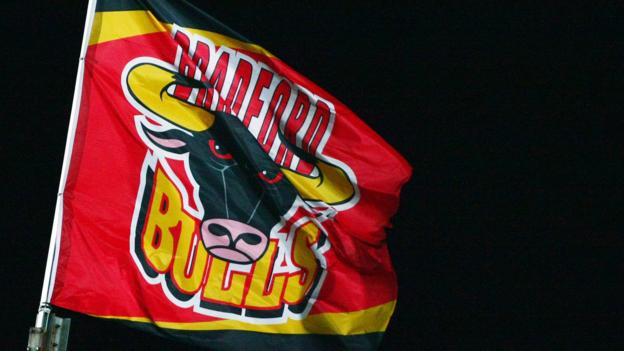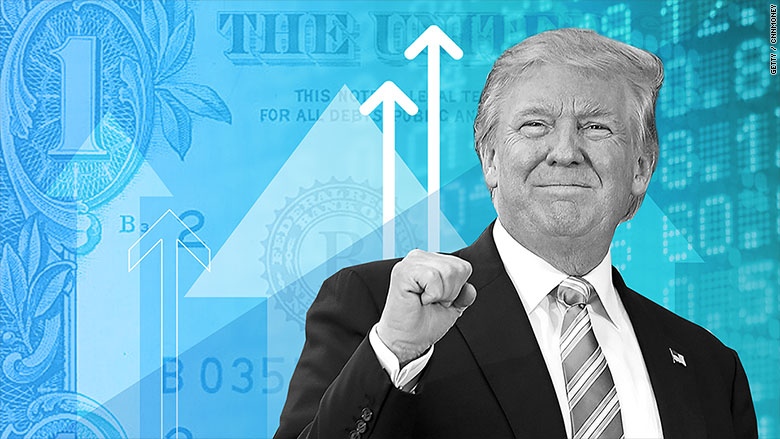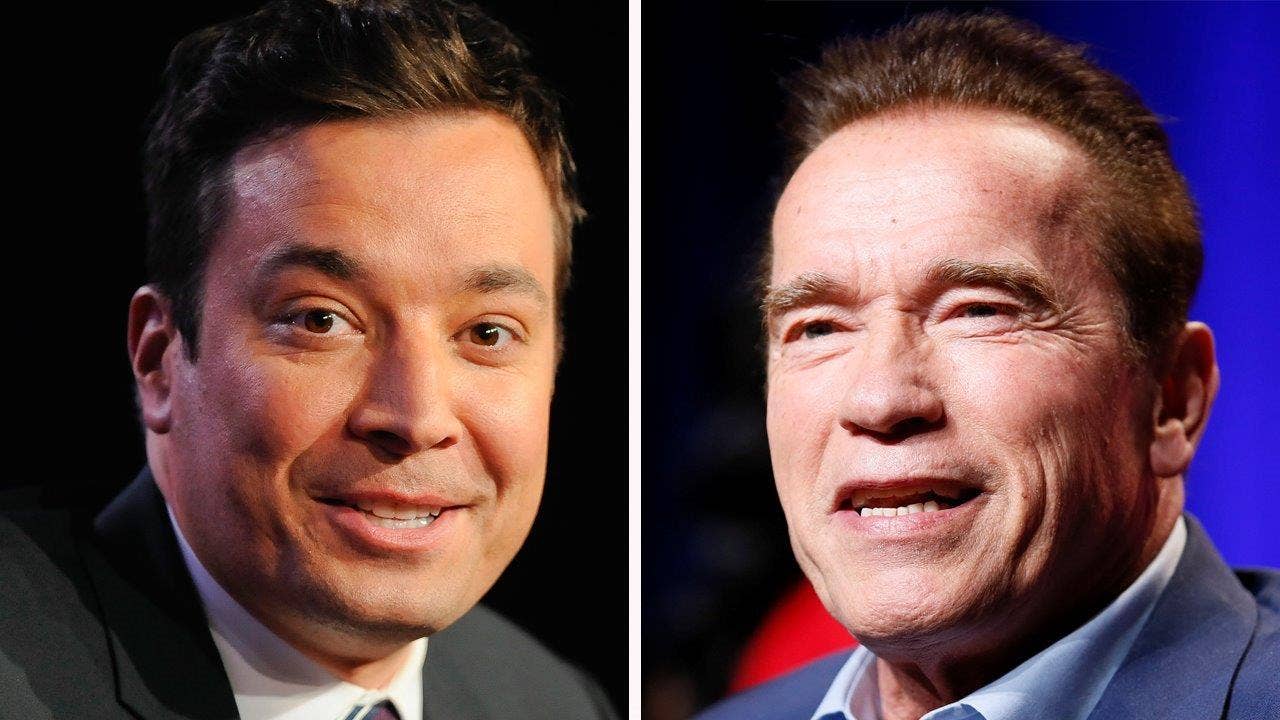 Carrie Fisher was a writer and performer who found worldwide stardom as Princess Leia in Star Wars (1977), released when she was just 19. It was her first leading role, after a striking cameo in Shampoo (1975), and she reprised the part in two sequels in the 1980s, and a further two made this decade.
Carrie Fisher was a writer and performer who found worldwide stardom as Princess Leia in Star Wars (1977), released when she was just 19. It was her first leading role, after a striking cameo in Shampoo (1975), and she reprised the part in two sequels in the 1980s, and a further two made this decade.
Fisher would later say that Star Wars had inadvertently “tricked” her into celebrity; that she had been a bookish teenager, more interested in writing than performing, and had she known how famous the film would make her, she would have turned it down.
Yet stardom was the family business. Fisher’s mother, Debbie Reynolds, had also achieved international fame aged 19, for her first leading role (in 1952’s Singin’ in the Rain ), and her daughter was surrounded by almost impossibly famous people since birth.
To create a single iconic screen characterisation – as Fisher did with Princess Leia – is more than most performers hope to achieve. It does not denigrate Fisher’s work in other fields to acknowledge the scale of Star Wars ’ cultural impact, given that she made a significant contribution to its popularity.
It is also not true to imply, as some have, that she achieved little else as a performer after the original Star Wars trilogy. Hannah and Her Sisters (1986), The ‘Burbs, and When Harry Met Sally… (both 1989) are fine films, great examples of their respective genres, and Fisher is extremely good in all three of them. She might never have played the female lead in a film as successful as Star Wars again – but for decades after she did, neither did anyone else.
In 1987, Fisher published Postcards from the Edge , a novel that drew on her own life as second generation Hollywood Royalty. When her book became a film, Fisher wrote the screenplay, and many expected her to also play the lead, Suzanne. The role instead went to Meryl Streep, who was nominated for an Oscar. When asked why she didn’t take the part herself, Fisher was clear that she didn’t want to, insisting: “I’ve already played Suzanne.”
From then on, Fisher’s acting work, such as playing a therapist in the first Austin Powers (1997) or her Emmy-nominated turn in 30 Rock (2007), took its cues from her own writing. It played on her fame, public persona and known interests and passions, including her work with mental health organisations – an intertwining of her life and art that continued for the rest of her life.
In parallel to performing, and a continuing career as a novelist, the success of the Postcards film made Fisher an in-demand Hollywood screenwriter. This was largely “polishing” – for payment but without credit – scripts attributed to other hands. A comprehensive list of these screenplays is inherently difficult to compile, but her uncredited work is acknowledged to be seen in Hook (1991), Sister Act (1992), The Wedding Singer (1998) and several Star Wars films in which she did not appear.
She did receive credit for her episode of Star Wars creator George Lucas’ Young Indiana Jones television series. (It depicted the teenage Indiana’s affair with Mata Hari, was directed by Nicolas Roeg, and is as odd as that description makes it sound.)
In 2001, she wrote and received credit for the screenplay for These Old Broads , a celebration of women in Hollywood in the generation above her. It starred Shirley MacLaine (who had played Suzanne’s mother in Postcards from the Edge ) and Elizabeth Taylor, the woman for whom her father, Eddie Fisher, left her mother in 1959.
Her most recent book, The Princess Diarist , published in November this year, was a volume based on diaries she had kept while making Star Wars. Witty and emotionally complex, it provoked headlines by confirming longstanding rumours about her on-set affair with Harrison Ford, and was accompanied by an international signing tour, from which she was returning when she was taken ill.
On the London leg of her tour, a friend of mine found himself roughly in the middle of the long, long queue of people wanting a few moments with her. As his turn approached, she shot him a wicked look: “I’ll do you before my break,” she said. “And then during my break, I’ll do you. A girl has to relax somehow.” My friend – not easily embarrassed and far from a blushing novitiate – turned crimson and was reduced to monosyllables, to Fisher’s great, cackling delight. She then posed with him for a picture in which both are beaming. Like a Colette or even an Anaïs Nin, her public life had become as much her art form as her performances and writing.
It is her writing that should be a lasting memorial. Others could perhaps have played Princess Leia nearly as well, but only Carrie Fisher could have written Postcards from the Edge or her one-woman show and subsequent memoir Wishful Drinking. The next few days will be filled with tributes to her, including this one, but all will be insufficient. No one else will ever write about Carrie Fisher as well as she wrote about herself.
“It’s not often that government legislation kick-starts a revolution,” Nick Clegg, the then deputy prime minister, wrote in 2014. “Yet our Children and Families Act . does just that.” The act’s most significant policy was shared parental leave (SPL), which allows parents to divide a 50-week allocation of leave however they choose. Finally, here was a system no longer built “on the 1950s assumption that when a child is born, Mum stays home while Dad goes out to work”.
Yet it turns out that the revolution wasn’t kick-started: it was given a very gentle nudge instead. In August, HM Revenue & Customs said in response to a Freedom of Information request that only 3,000 new parents – roughly 4 per cent of eligible couples – were claiming SPL in the first quarter of 2016. The government, despite Clegg’s fanfare, had predicted an equally modest take-up of between 2 and 8 per cent.
Why are the overwhelming majority of dads still choosing to go back to work after one or two weeks and leave mums holding the baby? I puzzled over this during the three months I took off this year to look after our son, John, who was then seven months old, and our daughter, Verette, then two. It was an opportunity to redress the imbalance of responsibility at home; to bond with my baby son; to give my wife, Claire, a chance to get back into her career. There was no reason not to do it.
Yet as I chatted to other new or expectant mothers, my contribution – minor, in the scheme of things: I did not have to put my body through hell, or cope alone with the hardest, early months of babyhood – was often met with amazement and admiration, to Claire’s annoyance (that I should be treated as some paragon of virtue) and my embarrassment. The mums would round on their partners – “What do you think about that?” – who would hem and haw and say it sounded like a great idea and they would definitely consider it next time, depending on various variables, and did you hear that the guy who played R2-D2 just died, and can I get anyone a drink?
A survey commissioned by the Southbank Centre for its Being a Man festival in November suggested some reasons why this might be. Of the fathers who chose not to take SPL, 68 per cent did so for financial reasons and 40 per cent felt that their employer wouldn’t support their request for time off. And many of those who took SPL still feared some negative associations: 51 per cent said that they risked being viewed as “less of a man”.
The financial worries are understandable. SPL includes nine months of statutory pay (£139.58 a week) and while most employers have a maternity package, many give fathers nothing at all on top. So checking your bank account becomes a progressively dispiriting and, I admit, emasculating experience – and in relationships in which the man is the primary breadwinner (I’m not), there’s a disincentive for him to take unpaid, or poorly paid, leave.
However – as pointed out by the Conservative MP Maria Miller at the Being a Man festival – a third of British working mothers are the main breadwinner in their family. “What I find surprising,” she said, “is that you haven’t seen their partners taking parental leave when the financial repercussions won’t have been so acute. It really is down to social pressures.”
Those pressures, I think, manifest themselves not in the pub (masculinity and hands-on fatherhood are no longer seen as mutually exclusive) but in the workplace, where concerns about being considered “less of a man” bleed into worries about career prospects.
I spoke to a father (he did not want to be named) who “had conversations with people in the company that you wouldn’t dream of having with a woman about to go on maternity leave. To have a chat with someone a lot more senior than you who’s saying, ‘You know what, it’s difficult. Maybe you could consider not doing this’ – the power imbalance is very awkward and it makes you feel extremely insecure.”
The situation isn’t helped by the way many people still believe that shared parental leave is a request that can be turned down. It is, in fact, a legal right. Employers are reluctant to advertise the SPL scheme but the convenient excuse that they “haven’t got to grips with it yet” won’t wash for much longer. The odd thing about all this is that the scheme did not alter the maximum length of time a couple can take between them – a year – so there is no net loss of working hours. Businesses are used to women disappearing and returning. Why is it so much harder to make the same arrangements for men?
The highs of my time at home (developing elaborate peekaboo routines with John) were obvious. But the lows were just as valuable: the slow-release panic of a day with a toddler, a baby and no plans; the emotional trauma of “settling” your child in nursery; the pressure of organising meals and keeping on top of endlessly self-generating laundry. I understood some of what Claire had gone through and the scales of our relationship gradually tipped back towards equilibrium.
So how do we speed up the glacial rate of change? “There might be a benefit of having a period of shared parental leave which is solely and exclusively for dads to take,” Miller said. Sweden, for instance, offers 16 months of paid parental leave with a three-month “use it or lose it” quota for fathers. If we are serious about “kick-starting a revolution” and pushing gender equality forward in both the home and the workplace, men need leave that is theirs and theirs alone.
© Source: http://www.newstatesman.com/culture/film/2016/12/no-one-else-will-write-about-carrie-fisher-well-she-wrote-about-herself
All rights are reserved and belongs to a source media.
 U. S. stock indexes are jumping on the first trading day of 2017. Energy companies are climbing with the price of oil, while banks are advancing thanks to a bump in interest rates. Those two sectors had the biggest gains in the market last year.
U. S. stock indexes are jumping on the first trading day of 2017. Energy companies are climbing with the price of oil, while banks are advancing thanks to a bump in interest rates. Those two sectors had the biggest gains in the market last year. 


 Former Super League champions Bradford Bulls have been liquidated after the club’s administrator rejected a bid to save the club.
Former Super League champions Bradford Bulls have been liquidated after the club’s administrator rejected a bid to save the club. 
 Wall Street kicked off the new year on Tuesday with the Dow jumping another 150 points. The index is now just about 100 points away from the 20,000 milestone.
Wall Street kicked off the new year on Tuesday with the Dow jumping another 150 points. The index is now just about 100 points away from the 20,000 milestone. 
 “You are terminated! ” But also, you know, “Get to the choppa! ”
“You are terminated! ” But also, you know, “Get to the choppa! ” 
 The Palm Springs Convention Center was atwitter Monday evening as movie stars, Hollywood moguls and cinema aficionados filed inside for the start of the 28th annual Palm Springs Film Festival opening night gala, which kicks off the buzzy 12-day desert fest, a key stop on the Oscar season trail.
The Palm Springs Convention Center was atwitter Monday evening as movie stars, Hollywood moguls and cinema aficionados filed inside for the start of the 28th annual Palm Springs Film Festival opening night gala, which kicks off the buzzy 12-day desert fest, a key stop on the Oscar season trail. 
 Carrie Fisher was a writer and performer who found worldwide stardom as Princess Leia in Star Wars (1977), released when she was just 19. It was her first leading role, after a striking cameo in Shampoo (1975), and she reprised the part in two sequels in the 1980s, and a further two made this decade.
Carrie Fisher was a writer and performer who found worldwide stardom as Princess Leia in Star Wars (1977), released when she was just 19. It was her first leading role, after a striking cameo in Shampoo (1975), and she reprised the part in two sequels in the 1980s, and a further two made this decade. 
 Tyler Perry is known for creating opportunities for black actors. But recently the African-American filmmaker weathered a backlash for assembling an all-white starring cast for the TLC drama series “Too Close to Home. ”
Tyler Perry is known for creating opportunities for black actors. But recently the African-American filmmaker weathered a backlash for assembling an all-white starring cast for the TLC drama series “Too Close to Home. ” 
 With Christmas coming, my younger daughter and I, the fanatical pacesetters in a whole family of binge-watchers, are deciding whether our number-one rerun for the season will be The West Wing or Band of Brothers. To qualify for the winter spot, the chosen show has be: a) big, b) great and c) full of groovy people. Nice as it would be to have The West Wing remind us that American presidential politics is not necessarily a madhouse after all, we seem to be favouring, at the moment, Band of Brothers , not having seen enough of Damian Lewis lately, except dressed as Henry VIII and treating women badly: not something he is plausible at doing. We have discussed watching Homeland again, but in that one the gorgeous Damian goes missing halfway through, hanged from a crane because the locals think that ginger hair is an insult to the Prophet, or something like that.
With Christmas coming, my younger daughter and I, the fanatical pacesetters in a whole family of binge-watchers, are deciding whether our number-one rerun for the season will be The West Wing or Band of Brothers. To qualify for the winter spot, the chosen show has be: a) big, b) great and c) full of groovy people. Nice as it would be to have The West Wing remind us that American presidential politics is not necessarily a madhouse after all, we seem to be favouring, at the moment, Band of Brothers , not having seen enough of Damian Lewis lately, except dressed as Henry VIII and treating women badly: not something he is plausible at doing. We have discussed watching Homeland again, but in that one the gorgeous Damian goes missing halfway through, hanged from a crane because the locals think that ginger hair is an insult to the Prophet, or something like that. 
 HARBOR SPRINGS, MI – Skiiers at Nub’s Nob saluted the new year with the ski resort’s annual Torch Light Parade on Saturday, Dec. 31.
HARBOR SPRINGS, MI – Skiiers at Nub’s Nob saluted the new year with the ski resort’s annual Torch Light Parade on Saturday, Dec. 31. 

